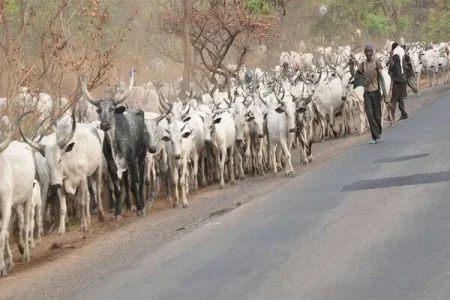
In a revealing address at the Africa Trade and Investment Summit, , Taiwo Oyedele, disclosed a startling statistic that approximately 81% of Nigerians employed are not contributing meaningfully to the economy. Oyedele highlighted that while Nigeria's official unemployment rate mirrors that of the United Kingdom at 4.2%, the majority of those employed are in non-productive sectors, thus posing a paradoxical challenge for the nation.
"About 81% of people in employment in Nigeria are engaged in a non-productive sector of the economy. They are doing things that do not add value in the real sense of the world," remarked Oyedele during his presentation.
The chairman emphasized that despite the seemingly low unemployment rate, Nigeria grapples with one of the highest poverty rates globally, with over 113 million people living in poverty as of 2022. Oyedele expressed concerns that this figure might have surged further, considering subsequent events such as subsidy removal and naira floatation.
The narrative unfolds with Oyedele questioning the paradox: high employment rates coexisting with elevated poverty levels. He attributed this conundrum to a phenomenon he termed as "working poor," emphasizing the need to create decent jobs as a critical priority.
"We need to create decent jobs. Our job is just beginning," declared Oyedele, underscoring the urgency of addressing this complex socio-economic challenge.
In response to the broader global economic climate, Oyedele acknowledged Nigeria's limited control over external factors but advocated for a strategic shift in policy direction to manage the country's economic situation more effectively. He emphasized the importance of creating an environment conducive to small businesses and manufacturers, asserting that empowering these sectors could positively impact the nation's overall economic health.
As Nigeria grapples with the implications of these revelations, Oyedele's call for a nuanced policy shift raises crucial questions about the intersection of employment, productivity, and poverty in the country.




